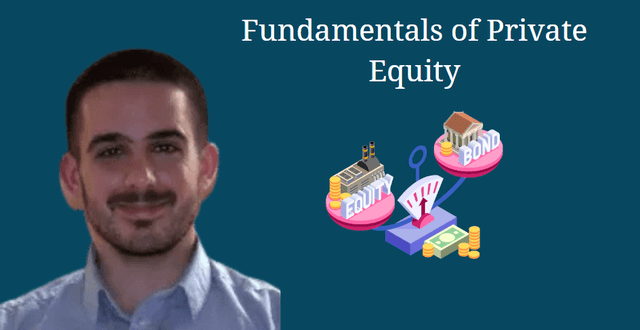Financial Risk Specialists
What does a professional in this career do?
Analyze and measure exposure to credit and market risk threatening the assets, earning capacity, or economic state of an organization. May make recommendations to limit risk.In this job you will...
- Analyze areas of potential risk to the assets, earning capacity, or success of organizations.
- Analyze new legislation to determine impact on risk exposure.
- Conduct statistical analyses to quantify risk, using statistical analysis software or econometric models.
- Confer with traders to identify and communicate risks associated with specific trading strategies or positions.
- Consult financial literature to ensure use of the latest models or statistical techniques.
- Contribute to development of risk management systems.
- Determine potential environmental impacts of new products or processes on long-term growth and profitability.
- Develop contingency plans to deal with emergencies.
- Develop or implement risk-assessment models or methodologies.
- Devise scenario analyses reflecting possible severe market events.
- Devise systems or processes to monitor validity of risk assessments.
- Document, and ensure communication of, key risks.
- Draw charts and graphs, using computer spreadsheets, to illustrate technical reports.
- Evaluate and compare the relative quality of various securities in a given industry.
- Evaluate the risks and benefits involved in implementing green building technologies.
- Evaluate the risks related to green investments, such as renewable energy company stocks.
- Gather risk-related data from internal or external resources.
- Identify key risks and mitigating factors of potential investments, such as asset types and values, legal and ownership structures, professional reputations, customer bases, or industry segments.
- Inform financial decisions by analyzing financial information to forecast business, industry, or economic conditions.
- Interpret data on price, yield, stability, future investment-risk trends, economic influences, and other factors affecting investment programs.
- Maintain input or data quality of risk management systems.
- Meet with clients to answer queries on subjects such as risk exposure, market scenarios, or values-at-risk calculations.
- Monitor developments in the fields of industrial technology, business, finance, and economic theory.
- Prepare plans of action for investment, using financial analyses.
- Produce reports or presentations that outline findings, explain risk positions, or recommend changes.
- Provide statistical modeling advice to other departments.
- Recommend investments and investment timing to companies, investment firm staff, or the public.
- Recommend ways to control or reduce risk.
- Review or draft risk disclosures for offer documents.
- Track, measure, or report on aspects of market risk for traded issues.
Skills You Will Gain
Market Volatility
Portfolio Analysis
Risk Management







